Feminists, journalists and authors from the Arab world have gathered virtually to pay tribute to the life and legacy of the late Dr. Nawal El Saadawi, the leading Egyptian feminist activist and writer who died on Sunday March 21, 2021 at the age of 89, and vowed her work would live on through the generations she inspired in the world.
Written by: Tala Ramadan
Hayat Mirshad, a Lebanese feminist activist and journalist who initiated this tribute in honor of her and thousands of women and girls feminist icon, opened up the live streaming event by praising Nawal as the greatest women’s rights advocate, who is fierce and has helped all women around the world to pull out their revolutionary spirits and never steer away from any overwhelming conservative society, “We will always be indebted and lit up by your fearlessness and clarity,” Mirshad said.
“It is no coincidence that you left today. You are our mother and the mother of our open wounds; we are the women of this unfortunate part of the world. Your anger and forever be alive within us, just like your love.” This is what Joumana Haddad, Lebanese author, tweeted on Sunday, 21st of March, when El Saadawi passed away.
Being a believer that the written word can become an act of rebellion against injustice exercised in the name of religion, or morals, or love, Joumana Haddad spoke about how El Saadawi liberated women not just in Egypt but across the planet and celebrated Saadawi’s vocal opposition to the double standard in which women were supposed to be chaste. At the same time, men were expected to be promiscuous.
Haddad also highlighted how El Saadawi defended women’s rights against social and religious structures for most of her life, fighting for changes in a deeply conservative political culture that was sometimes described as immutably pharaonic.
“People like you never die,” wrote Rasha El-Shamy, Egyptian writer, journalist, and content producer. Shamy praised El Saadawi’s feminism, which was part of a broader perception of women’s oppression rooted in cultural thought on class distinctions, imperial domination, patriarchy, capitalism, and religious fundamentalism. Shamy has also highlighted how she visited El Saadawi in her modest apartment, praising her self-deprecating.
“Nawal El Saadawi, one of the hallmarks of my life… all the love and peace for your bold and strong spirit, “ Maysaloun Nassar, Lebanese journalist and presenter for France 24, tweeted.
Nassar narrated how she was introduced to El Saadawi and her books which were surfaced due to her curiosity. Nassar said that throughout her readings for El Saaadawi, she was enlightened by women’s power in resistance – against poverty, racism, fundamentalism, and inequality of all kinds. El Saadawi has shown her the intellectual and political development of an important thinker for the late twentieth century.
Rula Jebreal, the Palestinian journalist, novelist, and political analyst said that she has also been influenced by how El Saadawi has certainly made a remarkable impact on gender struggles through a feminist politics that defies confinement to appellations of “Arabian,” or “African” feminism Jebreal believes that El Saadawi’s feminist politics is innately radical in conception, as it turns the tables of patriarchy and imagines woman as an agent of transformation.
Leila Al-Mutawa, Bahraini novelist and journalist who also praised the fierce advocate of women’s rights in Egypt and the Arab world that El Saadawi helped grow within every woman. Leila mentioned how she used to embrace Nawal’s book in her teenage, emphasizing that El Saadawi’s words were the main reason behind her liberation. Roudy El Ali, Syrian feminist activist, thanked El Saadawi for helping creating the hardcore feminist she is today. “I think that with years more people will realize the importance of Nawal’s books, and maybe they will be included in educational systems and form the base of new laws in favor of women’s rights in the Arab region”, said El Ali.
Amal Al-Harith is a Jordanian writer and author expressed her gratitude towards El Saadawi, whom she considered not only a renowned Egyptian feminist, psychiatrist, and novelist, but also a feminist whose writings have stirred controversy for decades in an overwhelmingly conservative society.
Mona Eltahawy, an Egyptian feminist journalist and writer, said that she found Nawal El Saadawi, whom she calls Nawal El Saadawi of the world, helped her discover where the seeds of her feminism were planted. Elthahawy said that her first encounter with Nawal was when she was 13 years old as she was watching a documentary about Egypt. Nawal came on the screen with bright white hair, and she spoke so passionately, Eltahawy felt both terror and thrill when she first met El Saadawi.
Finally, Darine Halima Hassan, a Syrian feminist and filmmaker, thanked El Saadawi for being a fearless campaigner who smashed taboos in her fight against female genital mutilation and the double standards which deny women human and sexual rights.
They said, “You are a savage and dangerous woman.”
“I am speaking the truth. And the truth is savage and dangerous,” -Nawal El Saadawi.
Rest in power, Nawal.


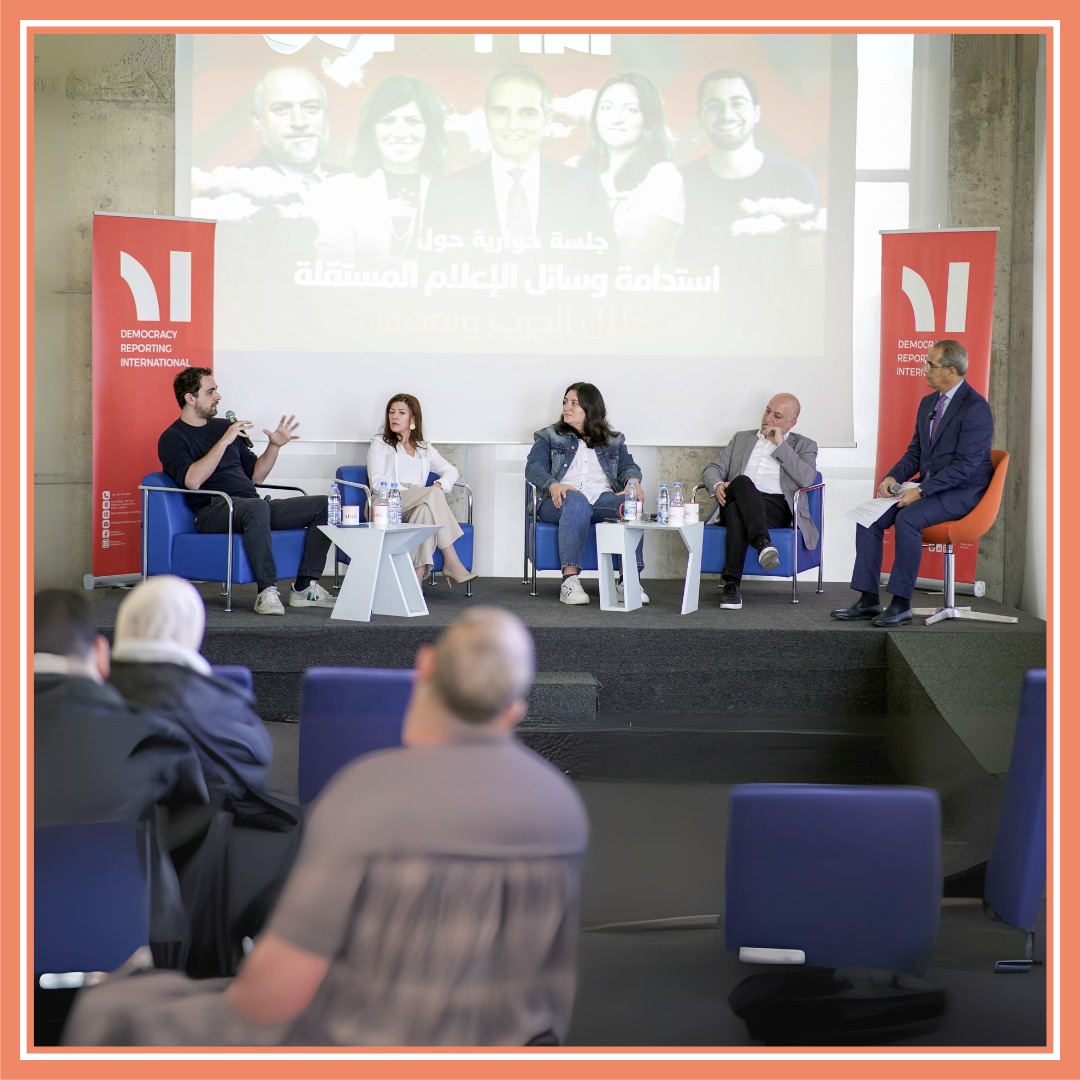
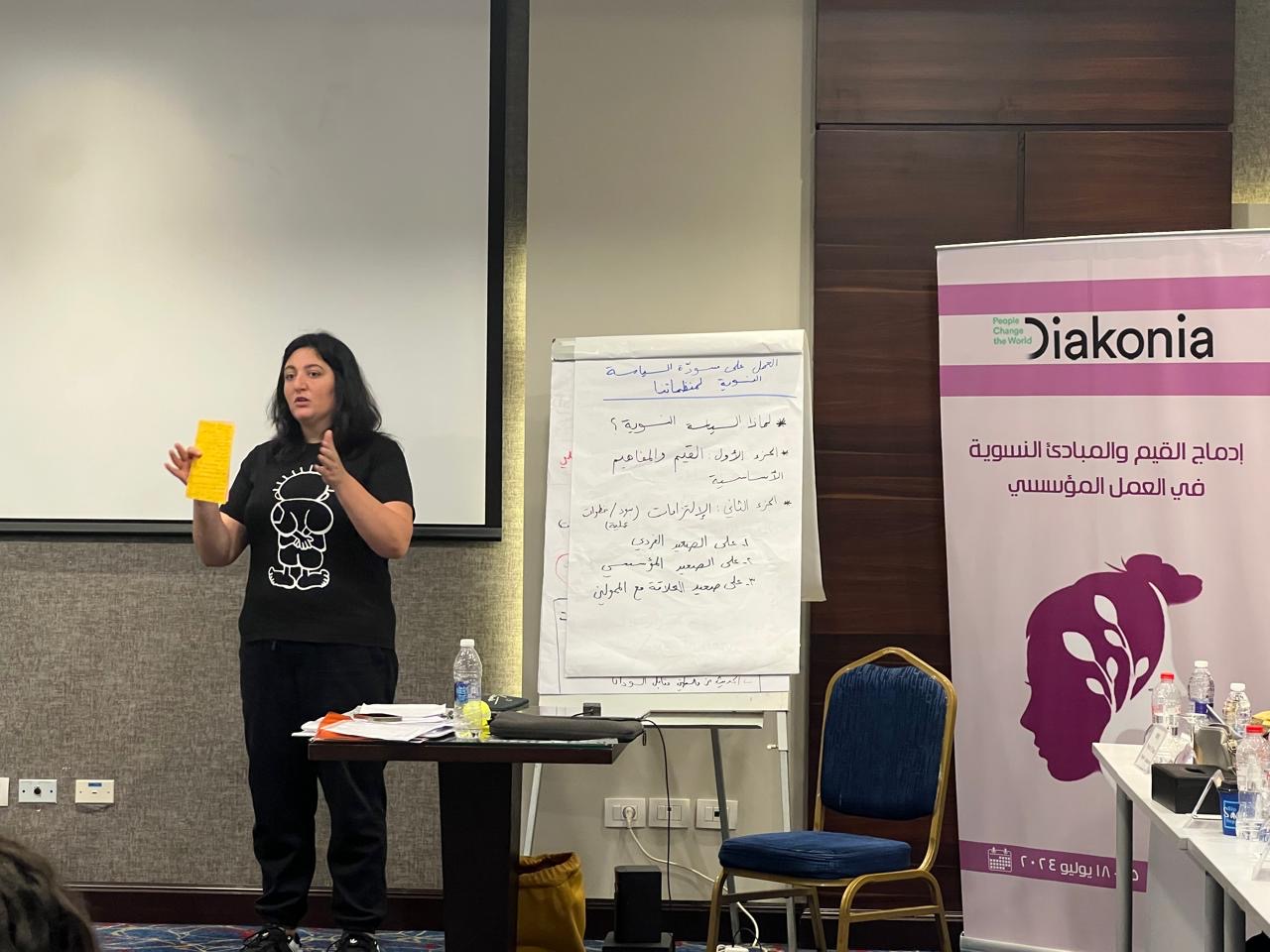
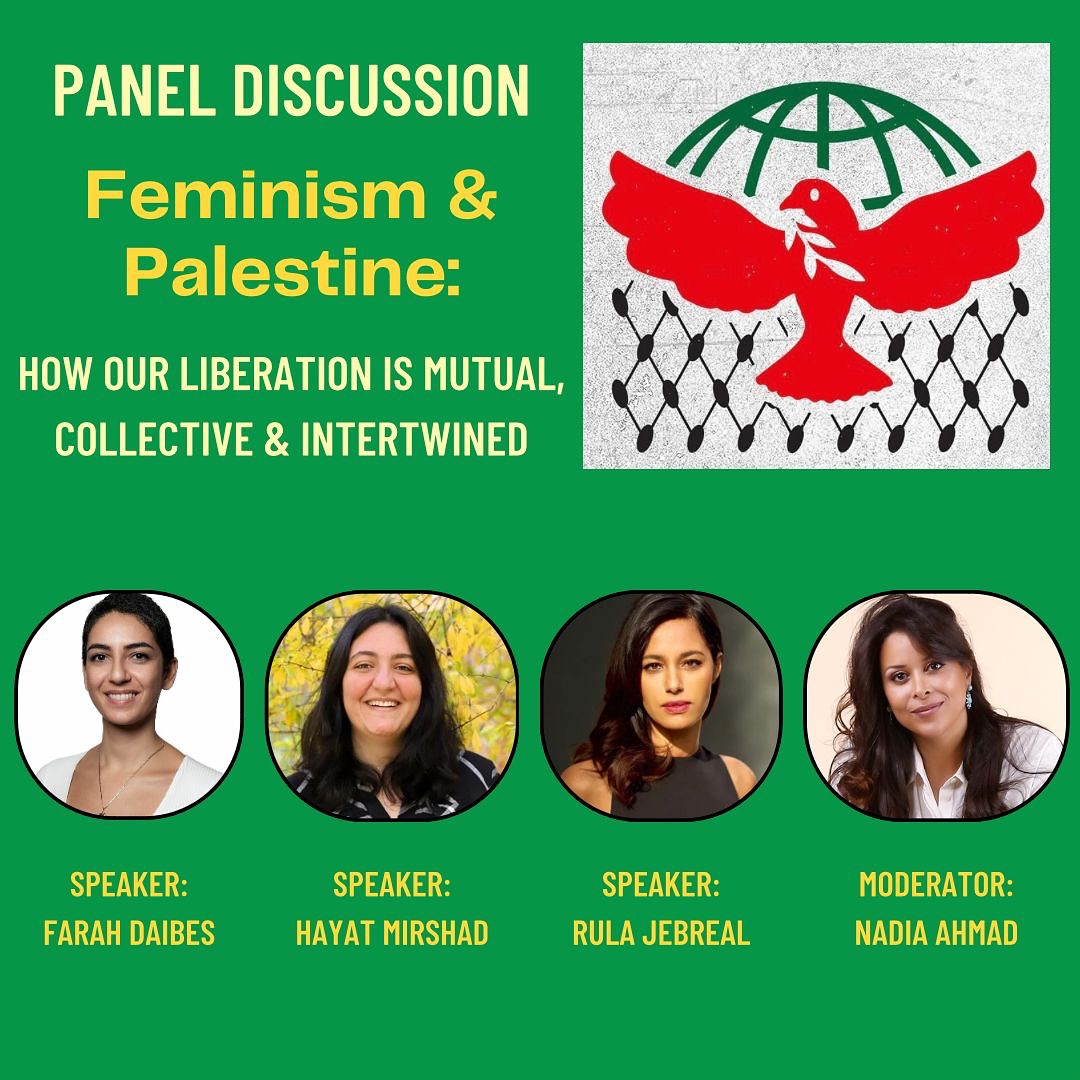

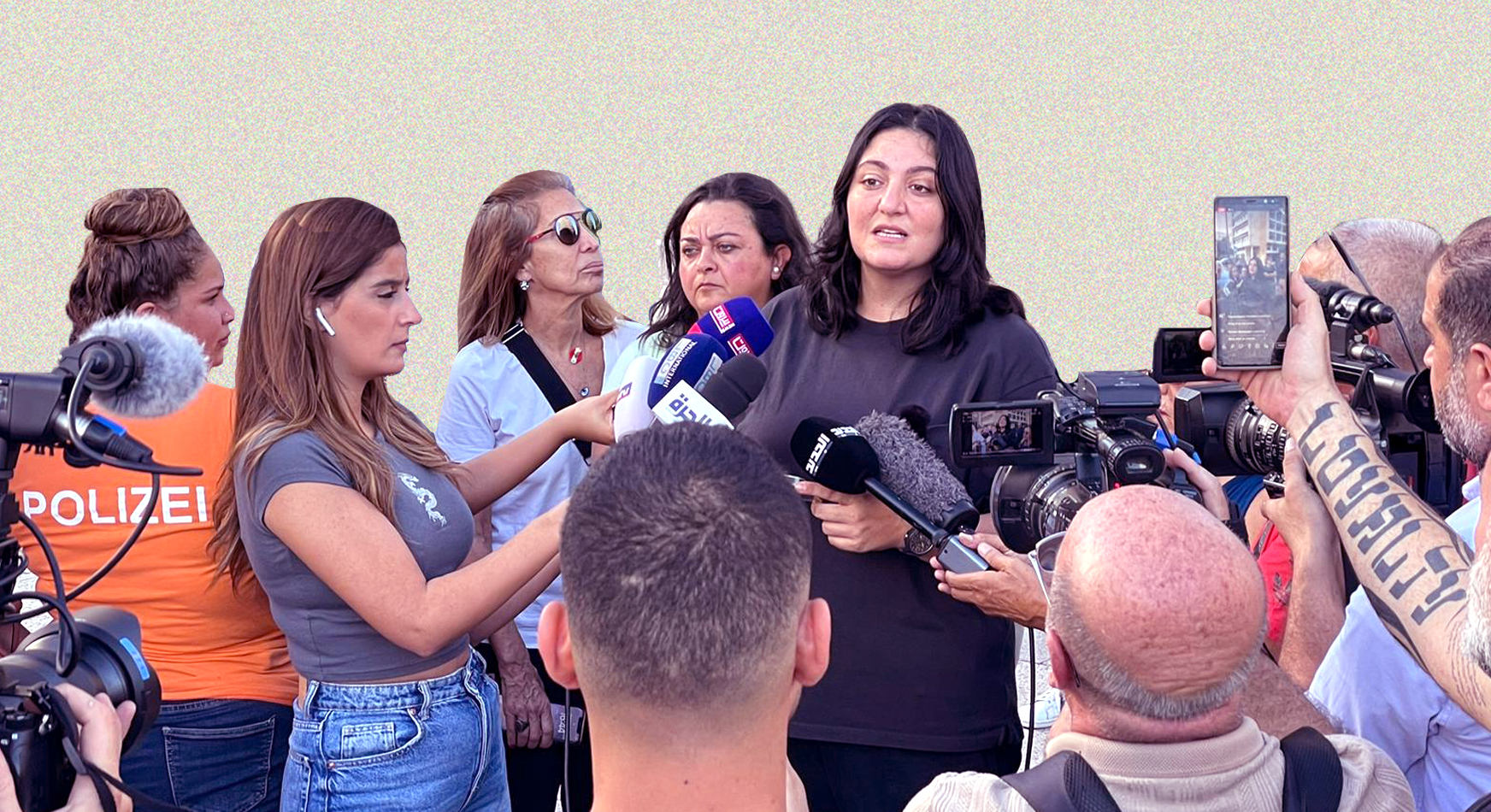
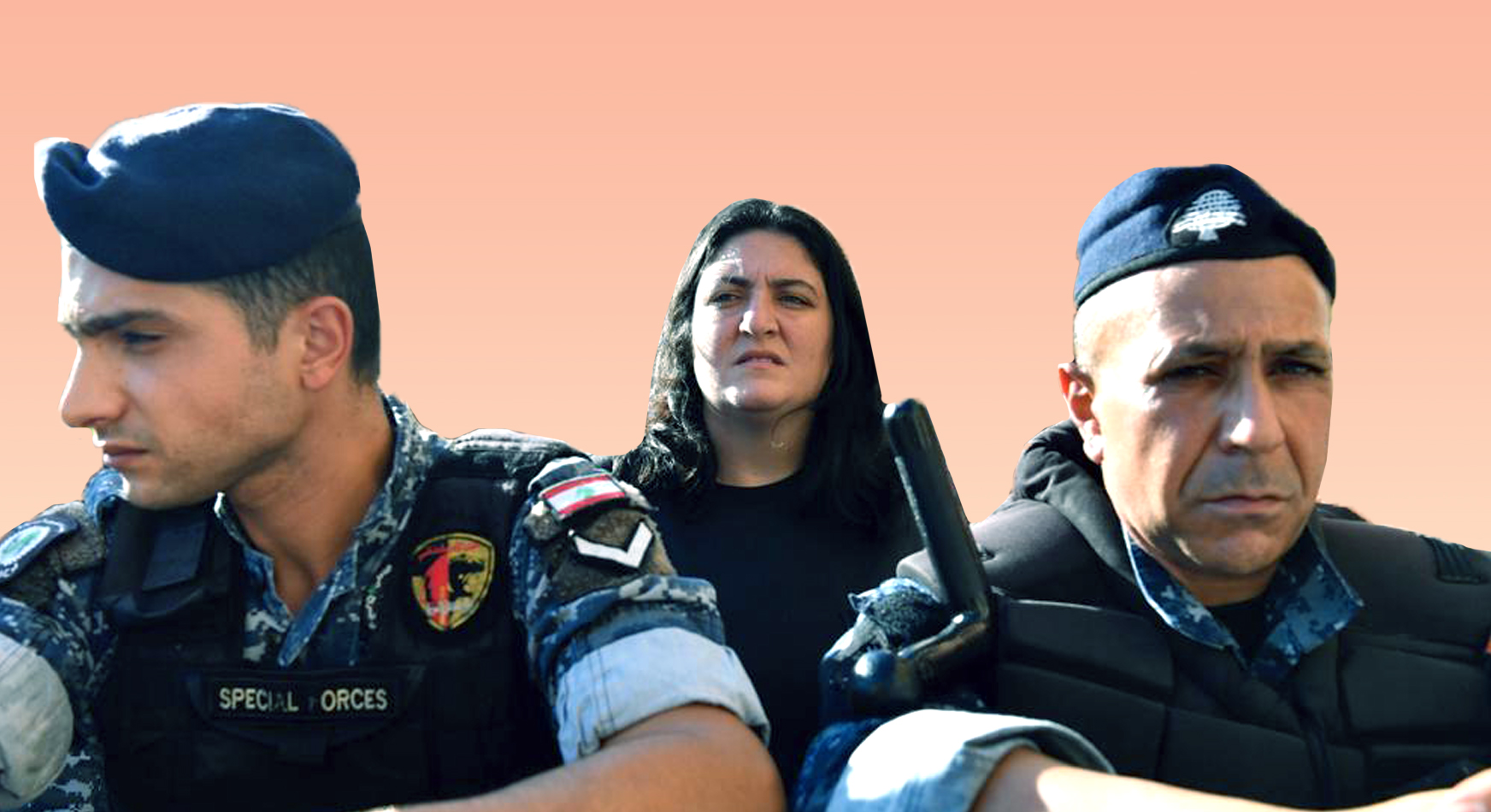
Leave A Comment